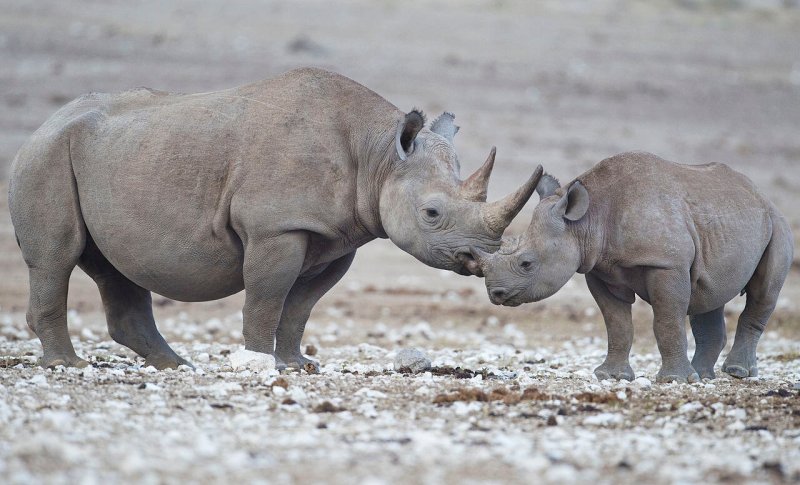Since [October 29], news networks and social media have been abuzz with the claim that, as The Guardian among others tweeted, “humanity has wiped out 60 percent of animals since 1970”—a stark and staggering figure based on the latest iteration of the WWF’s Living Planet report.
But that isn’t really what the report showed.
…
Ultimately, they found that from 1970 to 2014, the size of vertebrate populations has declined by 60 percent on average. That is absolutely not the same as saying that humans have culled 60 percent of animals—a distinction that the report’s technical supplement explicitly states. …
To understand the distinction, imagine you have three populations: 5,000 lions, 500 tigers, and 50 bears. Four decades later, you have just 4,500 lions, 100 tigers, and five bears (oh my). Those three populations have declined by 10 percent, 80 percent, and 90 percent, respectively—which means an average decline of 60 percent. But the total number of actual animals has gone down from 5,550 to 4,605, which is a decline of just 17 percent.
…
Bottom line: Things are bad. One could argue, then, that it is unnecessarily pedantic to correct the 60 percent figure. …
I don’t think it is. Especially now, in an era when conspiracy theories run rampant and lies flow readily from the highest seats of government, it’s more important than ever for those issuing warnings about the planet’s fate to be precise about what they mean. … If accuracy can be ignored for the sake of a gut punch, we might as well pull random numbers out of the ether.
Read full, original post: Wait, Have We Really Wiped Out 60 Percent of Animals?































